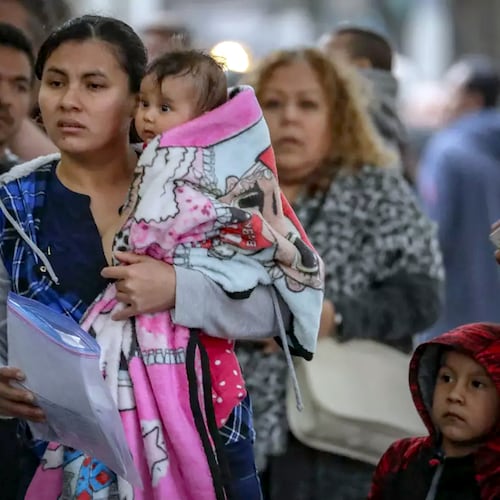For many women, losing a pregnancy to miscarriage can be devastating. One day, you’re picking out names, deciding on a color scheme for your baby’s room, and dreaming up what your family’s future will look like with your new addition. And the next, you’re in mourning. Everything changes in an instant.
Almost immediately, a woman and her doctor must make important decisions concerning her follow-up care — care that’s necessary to protect her health, safety and future fertility. Once a woman consults her doctor and a decision has been made, absolutely no one should stand in the way of her getting the care she needs. That’s why I find it unconscionable that a Wal-Mart pharmacist recently refused to fill a Milledgeville woman’s prescription for a medication used to complete a miscarriage.
That woman, Brittany Cartrett, tried to fill the prescription needed to complete her miscarriage, but without explanation, the pharmacist denied it. In this situation, the drug, Misoprostol, had the potential to prevent Brittney from requiring a more invasive surgical procedure (which has its own inherent risks) following her miscarriage. When Brittany asked why, the pharmacist told her, “I couldn’t think of a valid reason why you would need this prescription.” Since the Wal-Mart in her community wouldn’t fill her prescription, Brittany had to go elsewhere.
According to the Guttmacher Institute, an independent non-profit policy research institute that seeks to advance sexual and reproductive health and rights, the issue of religious and moral objections to providing care has expanded beyond doctors, nurses and hospitals to include pharmacists and pharmacies.
Since the late 1990s, a few states have enacted laws that allow pharmacists or pharmacies to refuse to provide health care because of religious or moral objections. Several other states have broadly worded “refusal clause statutes” that also might apply in these circumstances. Georgia is one of six states with a law that guarantees pharmacists the right to refuse to provide contraceptives or abortifacients on religious or conscientious grounds. Six other states have broad “refusal clauses” that don’t specifically mention pharmacists, but would likely protect them in the event of legal action.
Across the country, women’s ability to access care is becoming less and less secure.
While Brittany may have been aware of the “refusal clause” evoked by the pharmacist, the pharmacist’s refusal exacerbated what was already a difficult situation. Brittany said, “The job of knowing what I need or don’t need is between my doctor and myself. … (The pharmacist) didn’t know the whole story and didn’t need to know the whole story. Who was she to judge me on what I needed? … And if this happened to me, who else has this happened to?”
Brittany is right. Countless women in our state have been denied health care they need because of the interference of others. What the pharmacist did is perfectly legal, according to state law and state pharmacy regulations. And what’s worse, if the Georgia Legislature has its way, this is only the beginning. This session, building on an existing framework of “religious refusal” policies and the recent decision by the U.S. Supreme Court in the Hobby Lobby case, our Legislature considered a bill that would have legalized discrimination.
The proposed “religious liberty” legislation is similar to recently enacted laws in Indiana and Arkansas that have captivated the nation’s attention and launched an unprecedented backlash. Not only were everyday voters enraged by these unnecessary and offensive laws, corporations also took a stand against institutionalized bigotry.
While some of the recently debated laws are specifically targeted at LGBT communities, Brittany’s case illustrates that refusal policies hurt all people, including women. This time, the Georgia Legislature backed off, but we know the bill will be revived in the next session. Women are at risk of having health care services denied in their time of need.
What happened to Brittany could happen to anyone: your sister, your daughter, your wife, your best friend or maybe even you. We must fight to ensure all people have access to the care they need from health providers they trust. No woman should be denied health care for political reasons. We all deserve better.
Dr. Janet Lefkowitz is an OB-GYN and board member of Planned Parenthood Southeast in Atlanta.
About the Author
Keep Reading
The Latest
Featured
